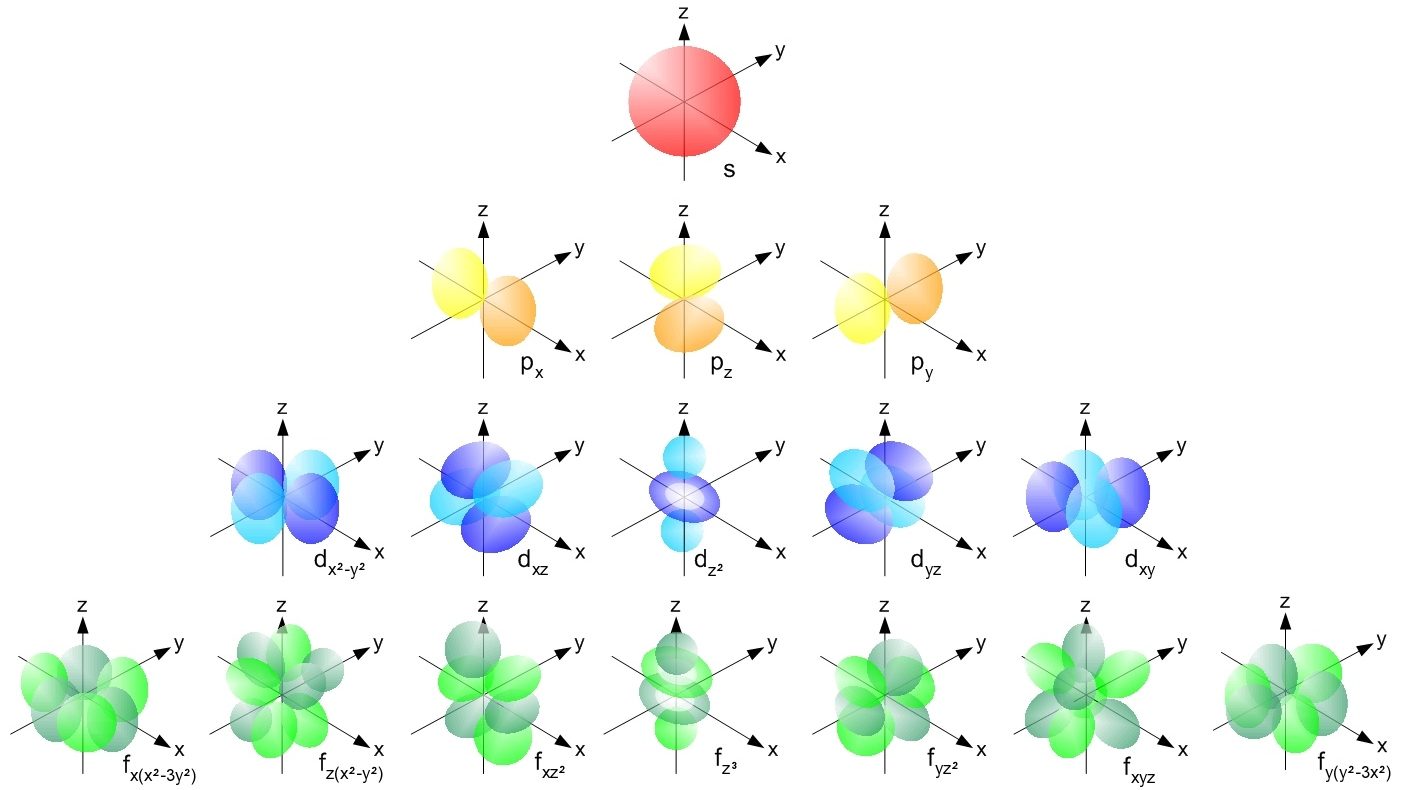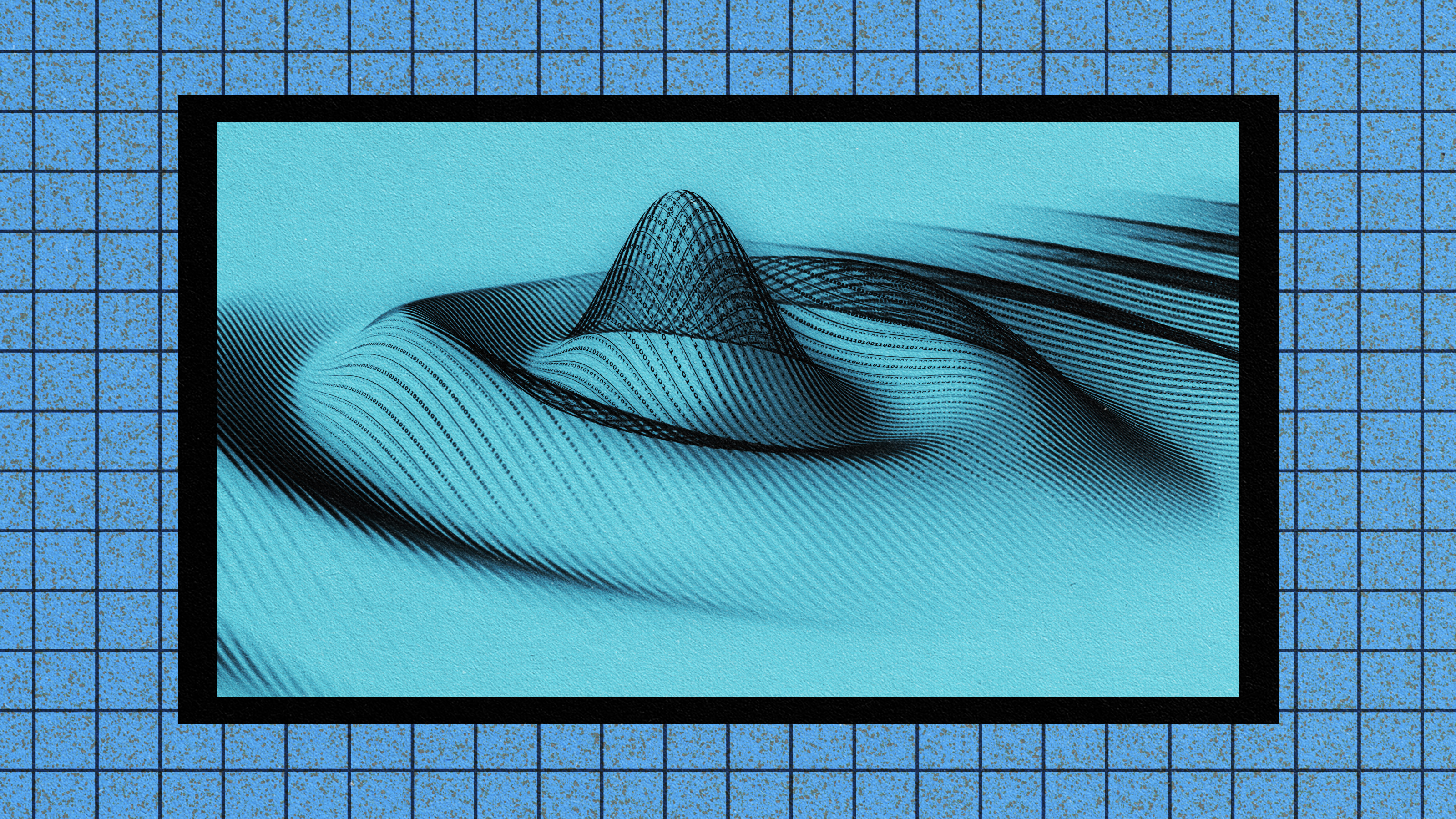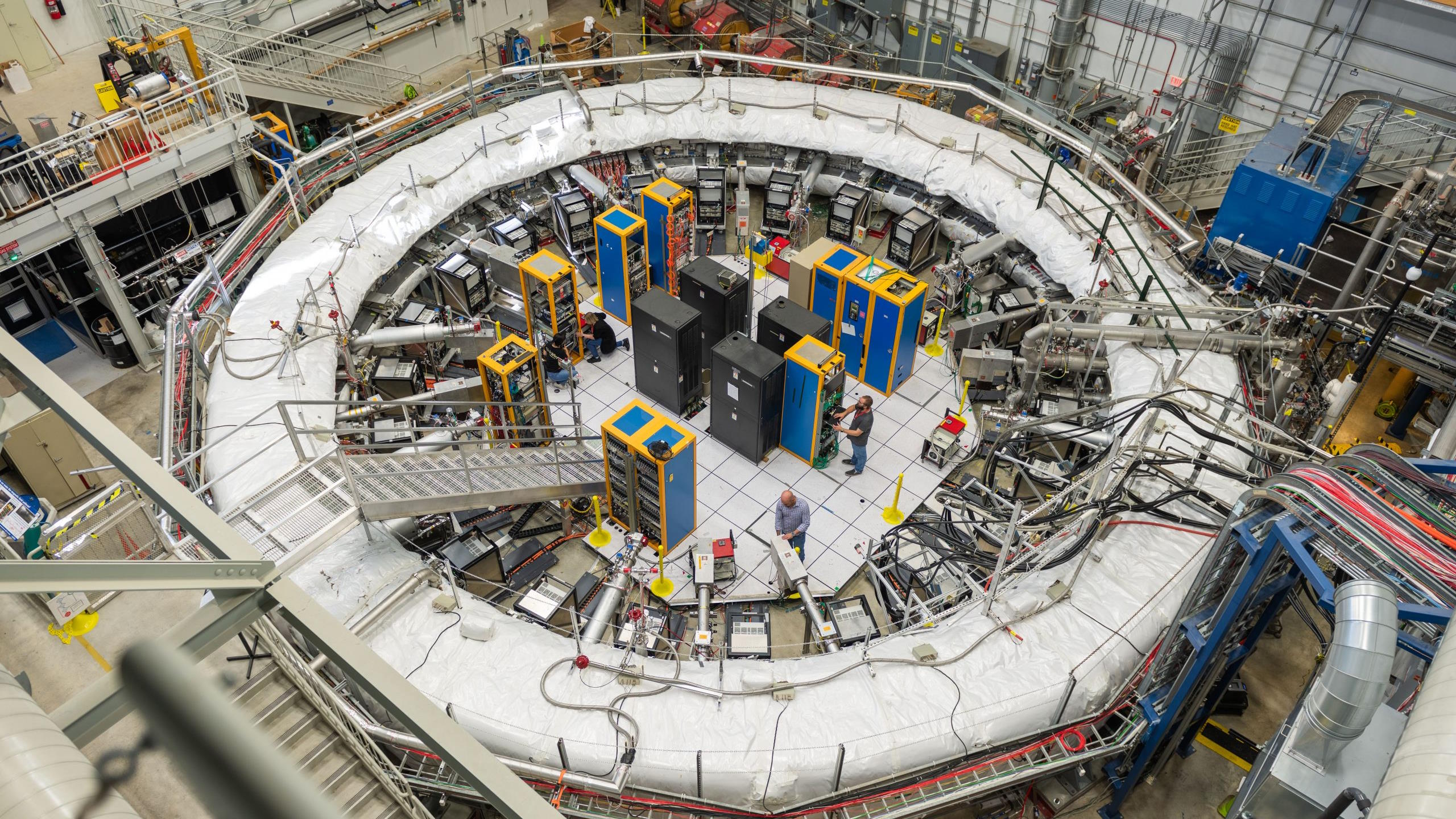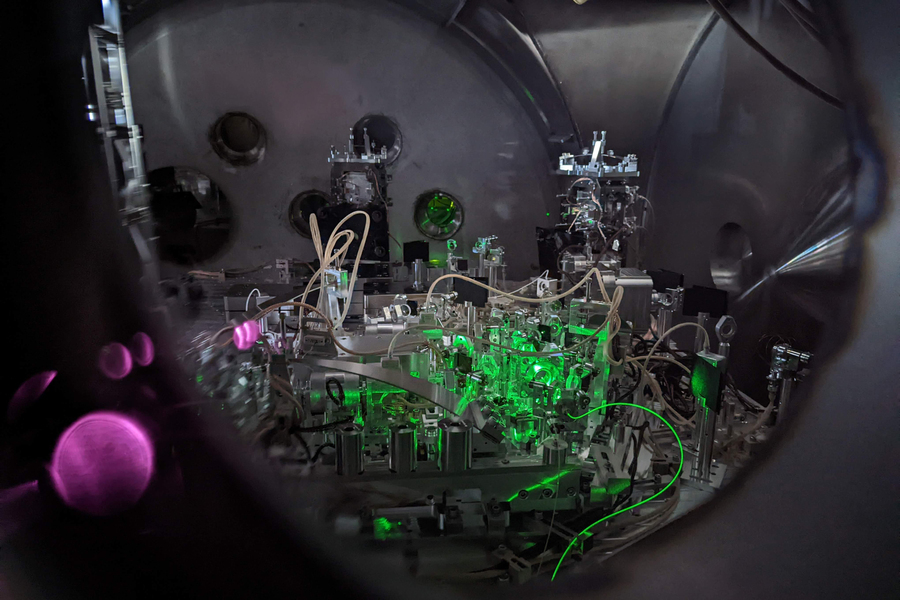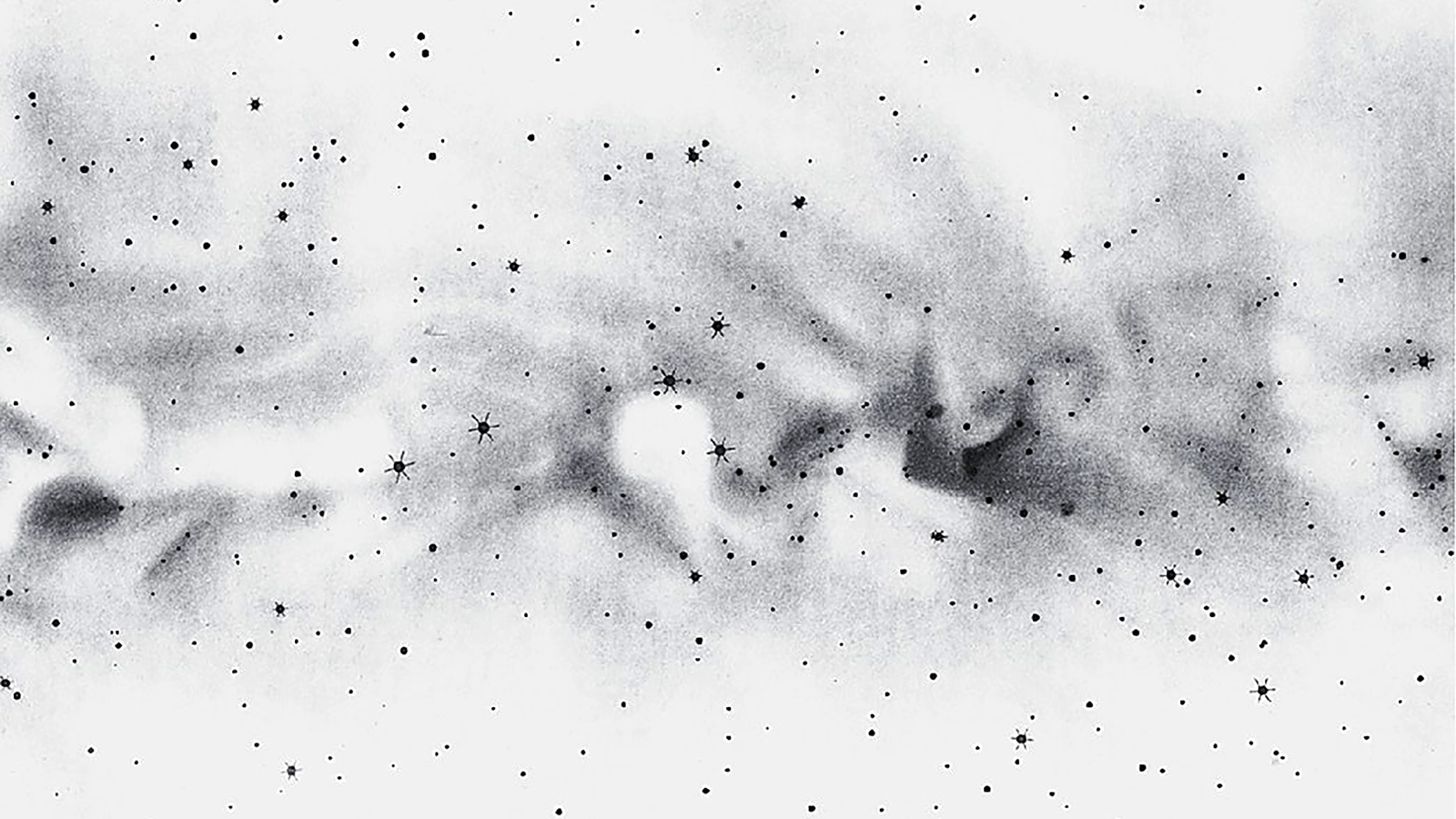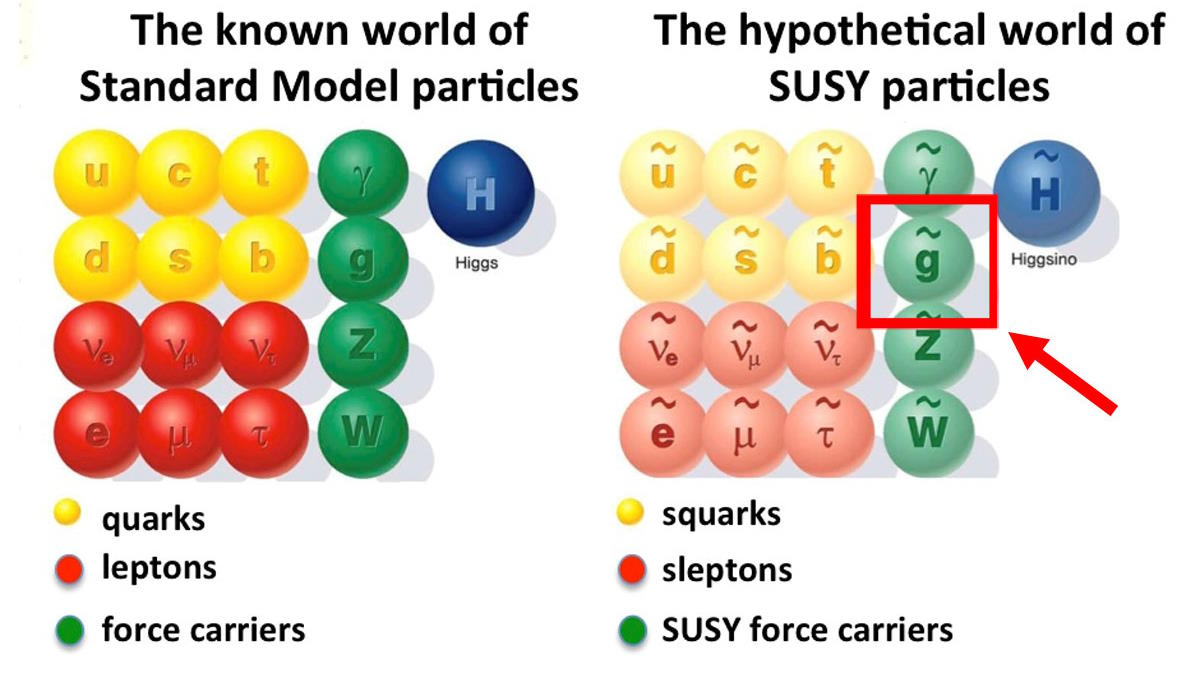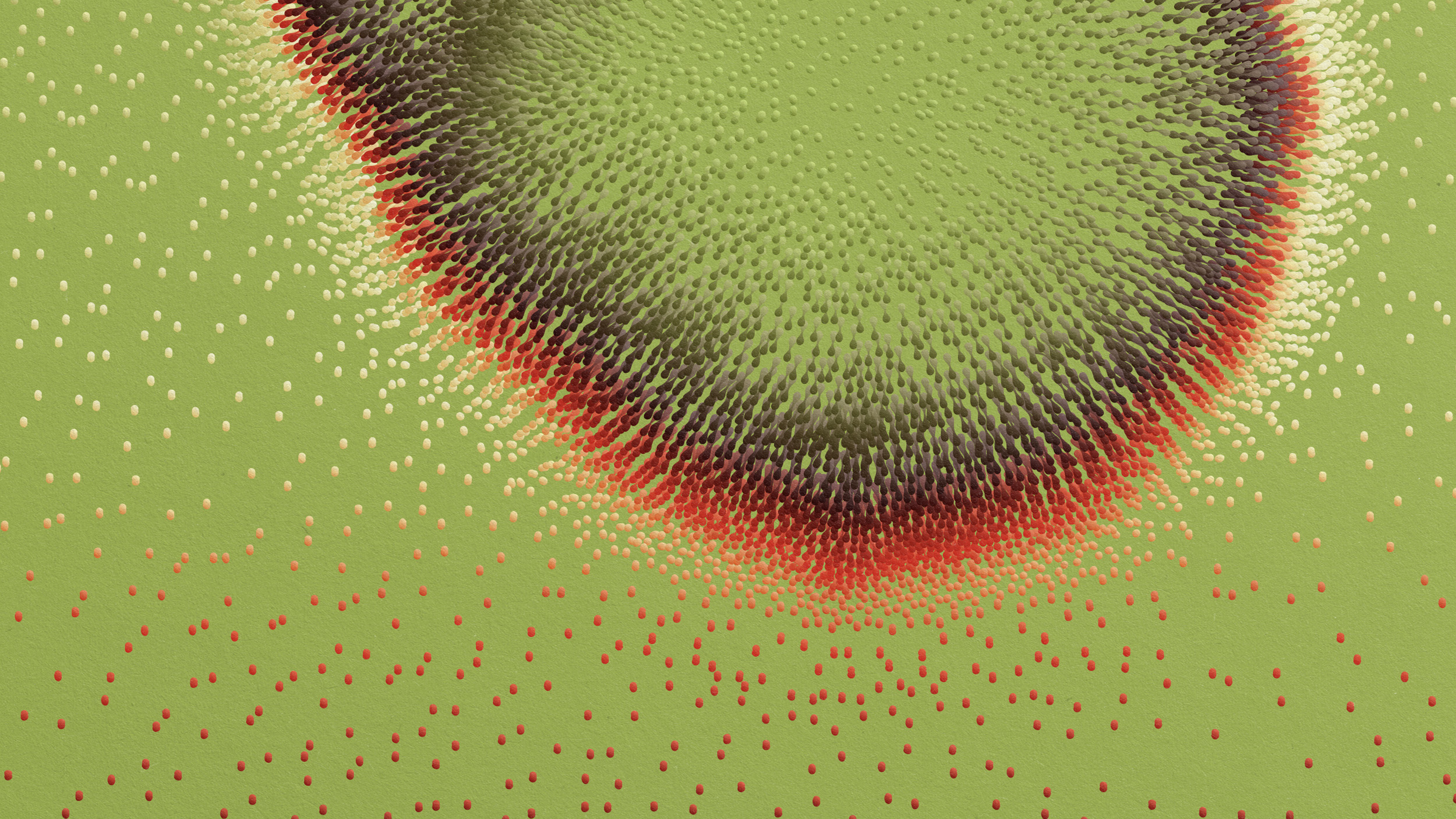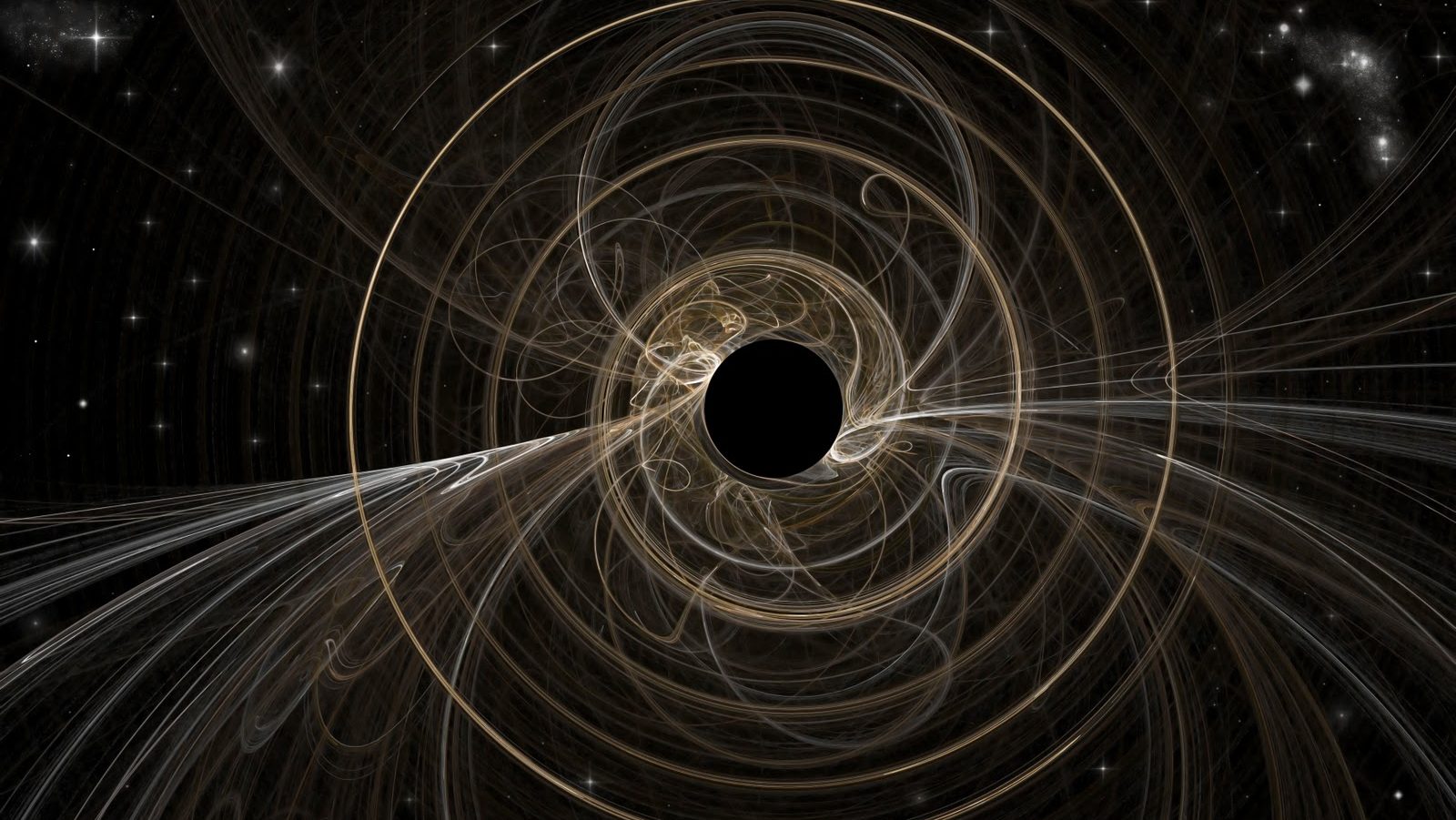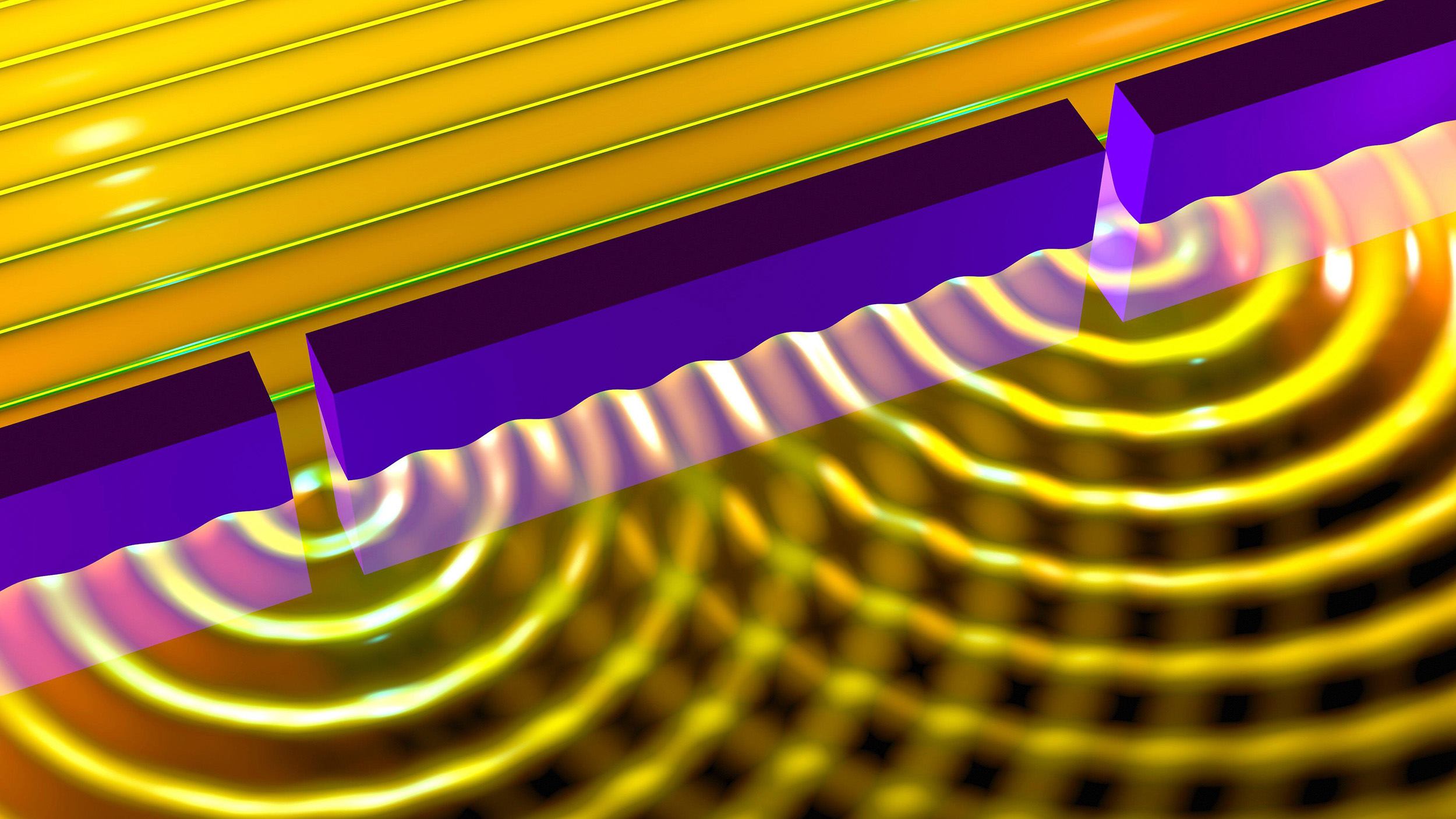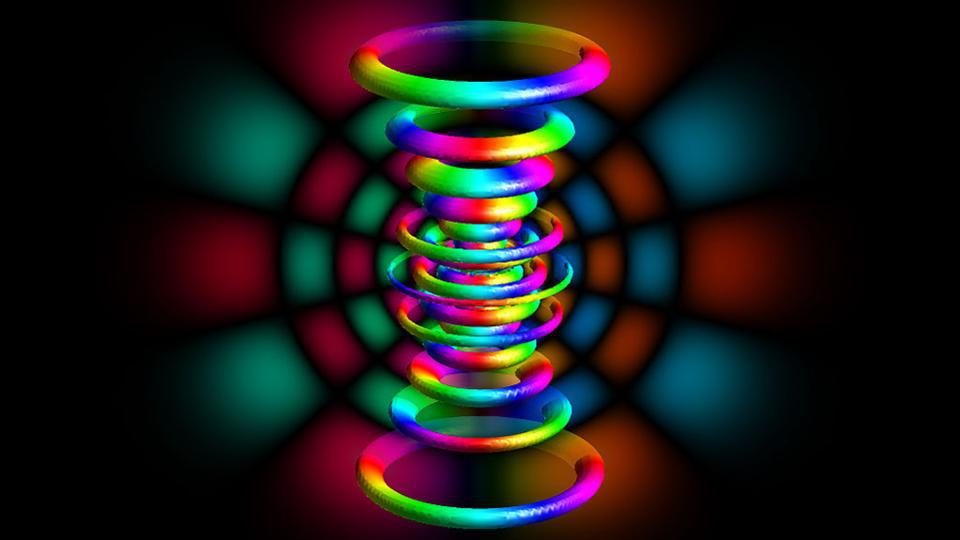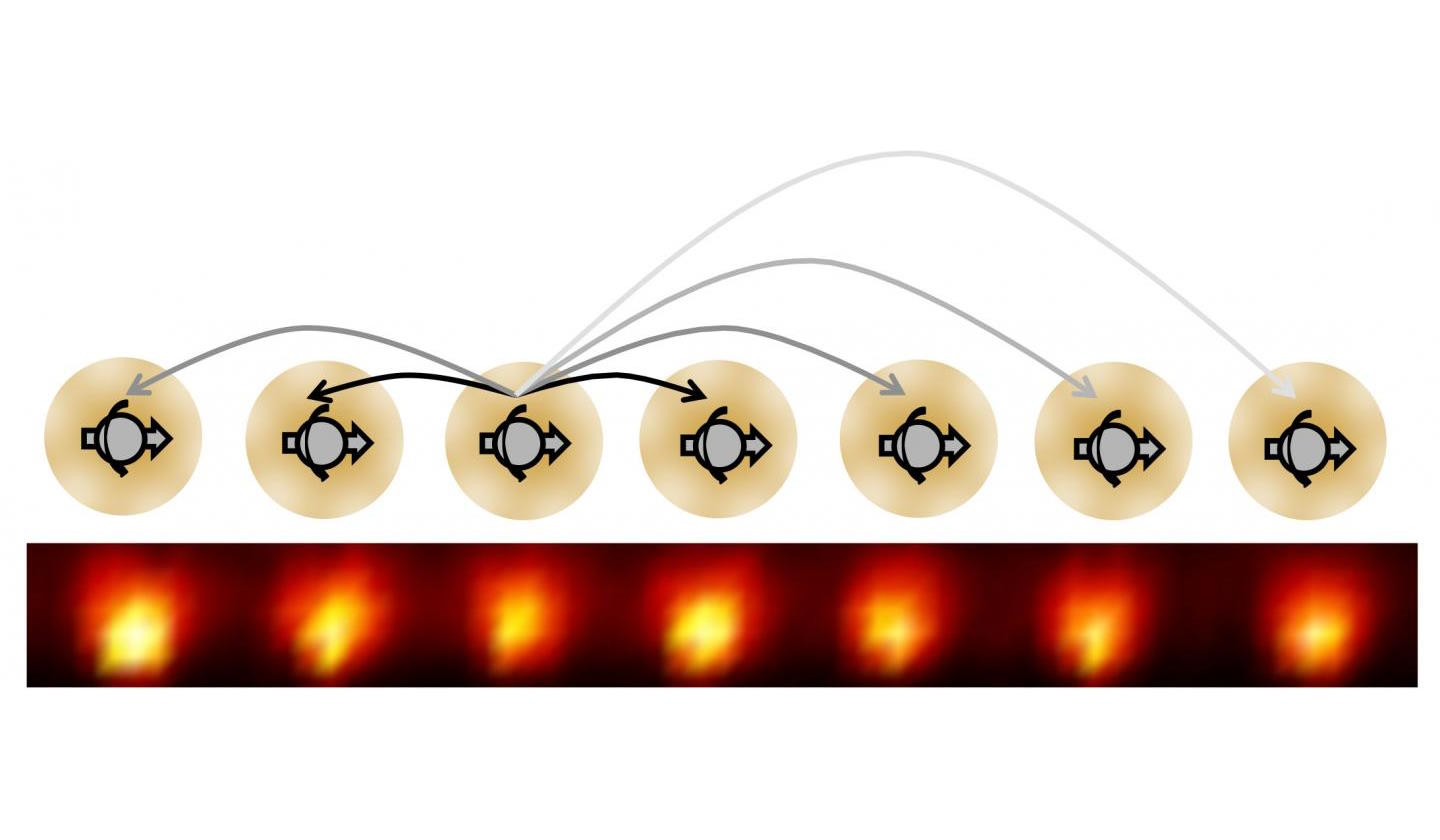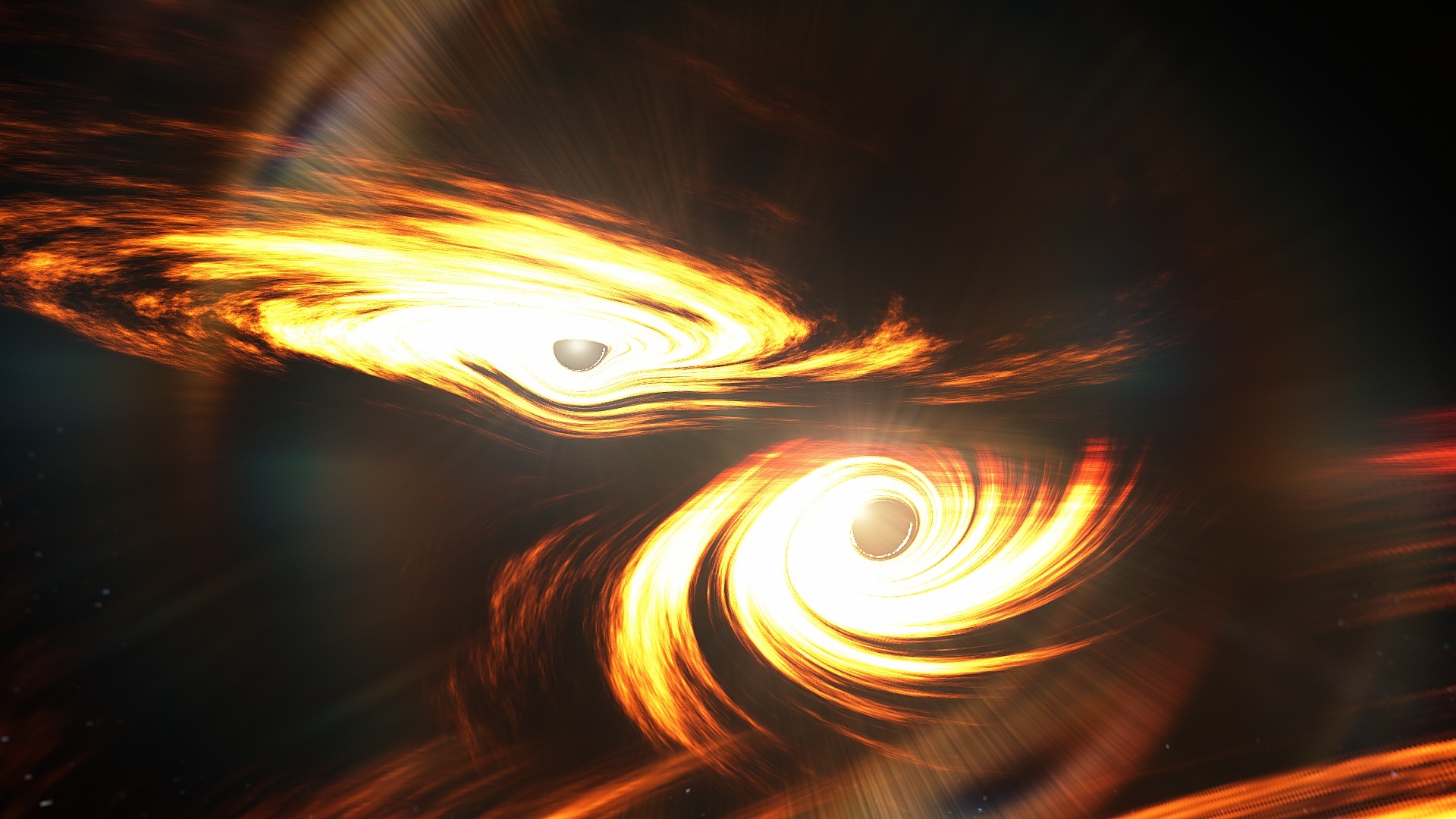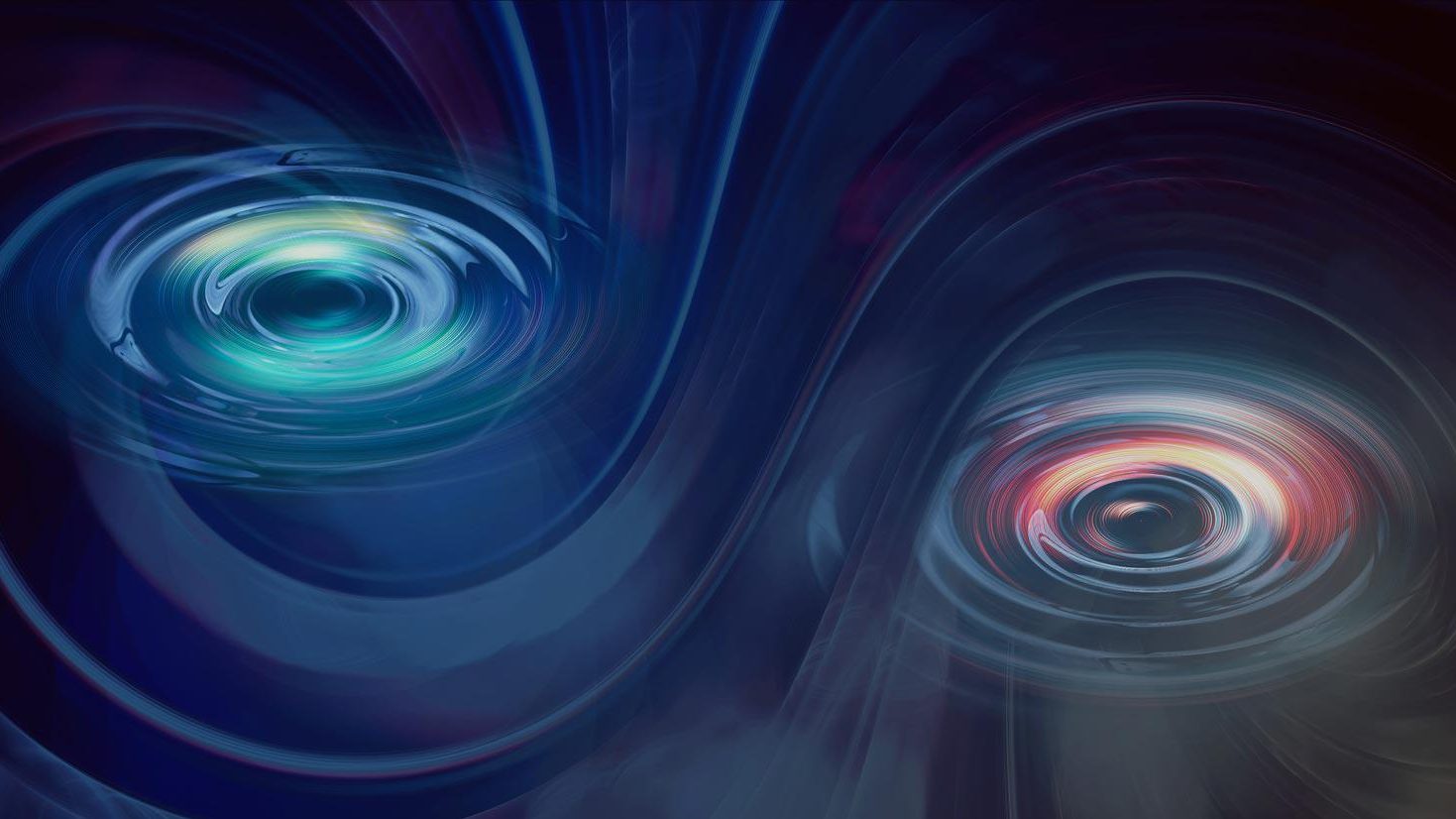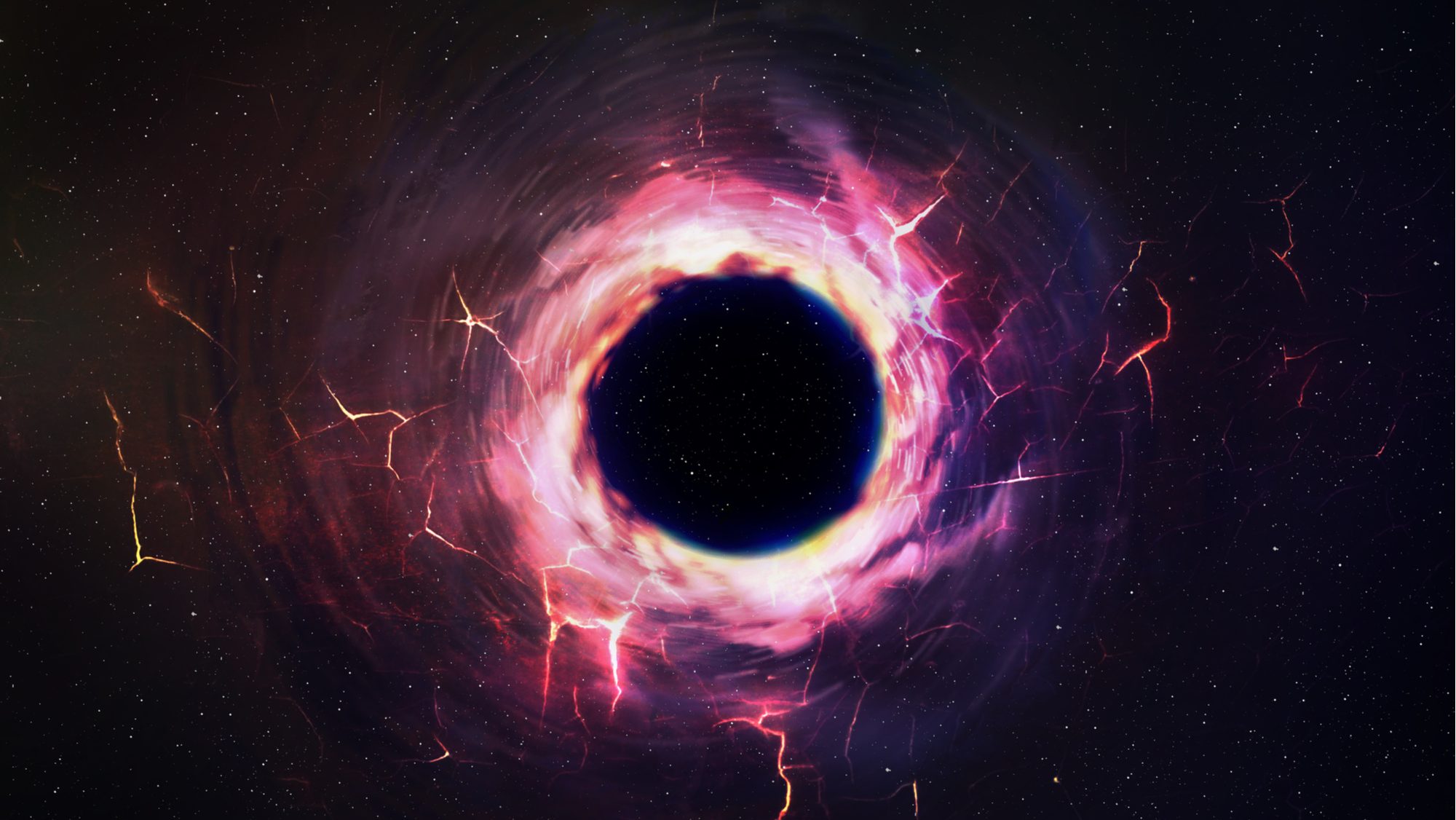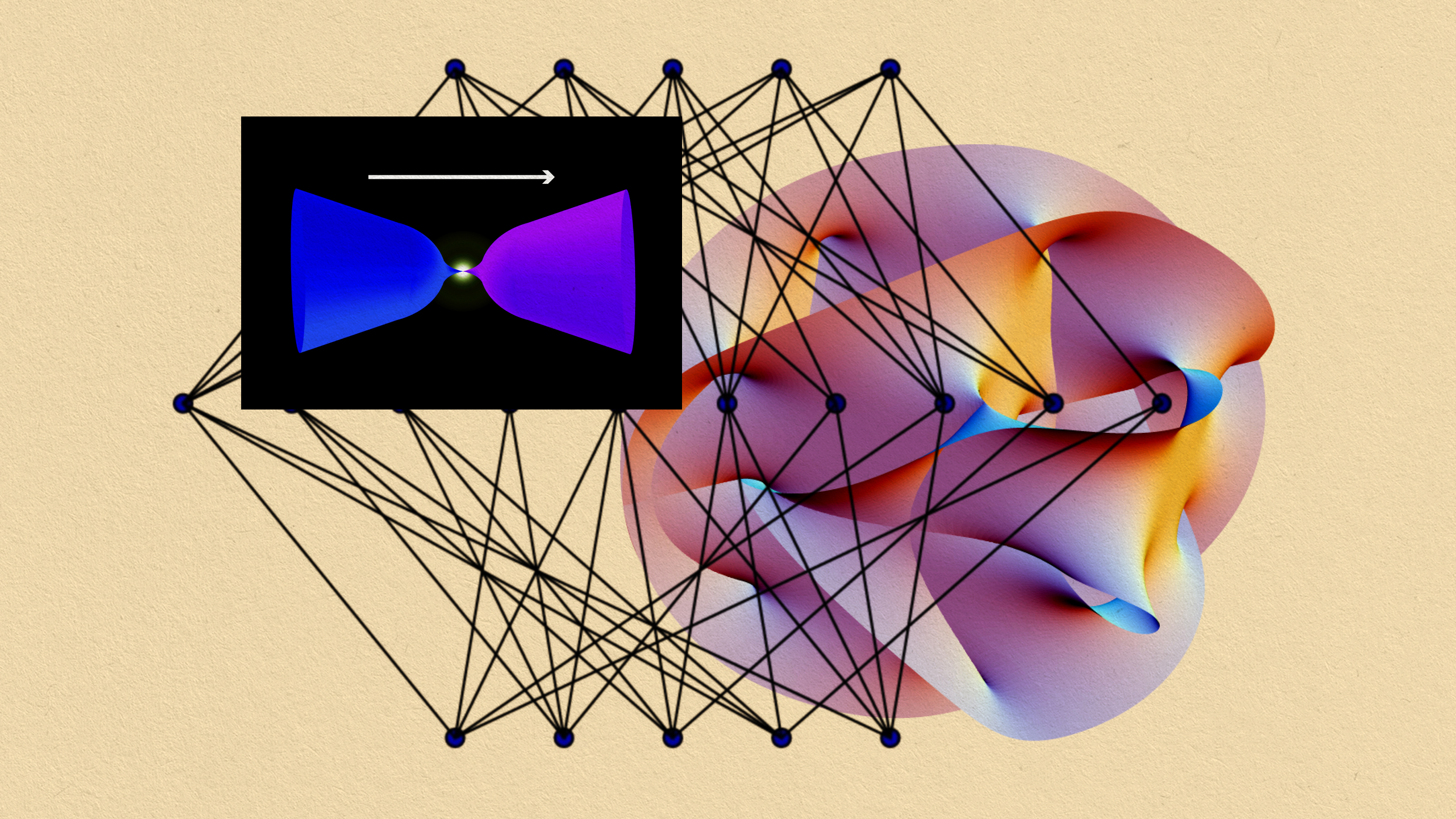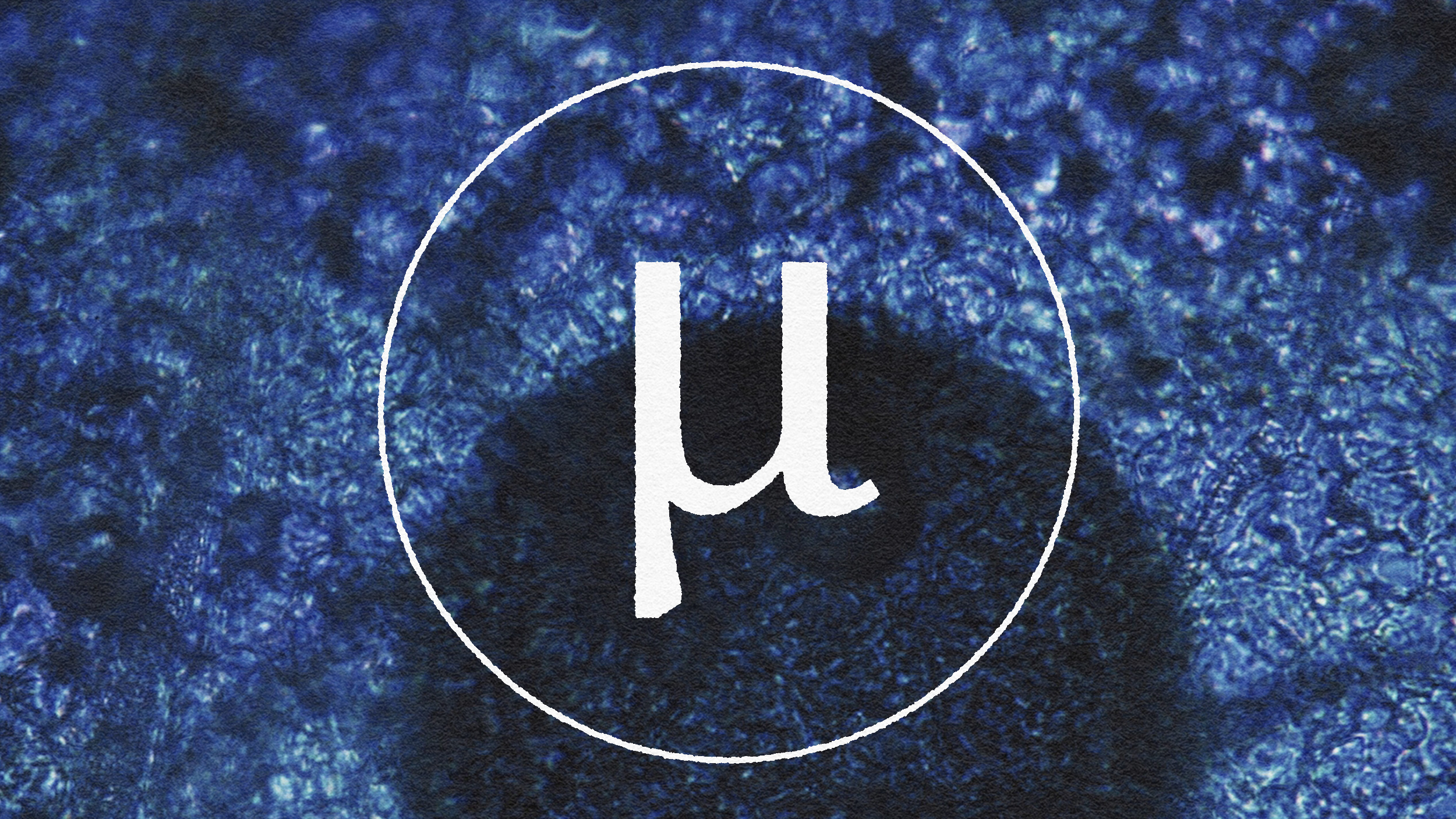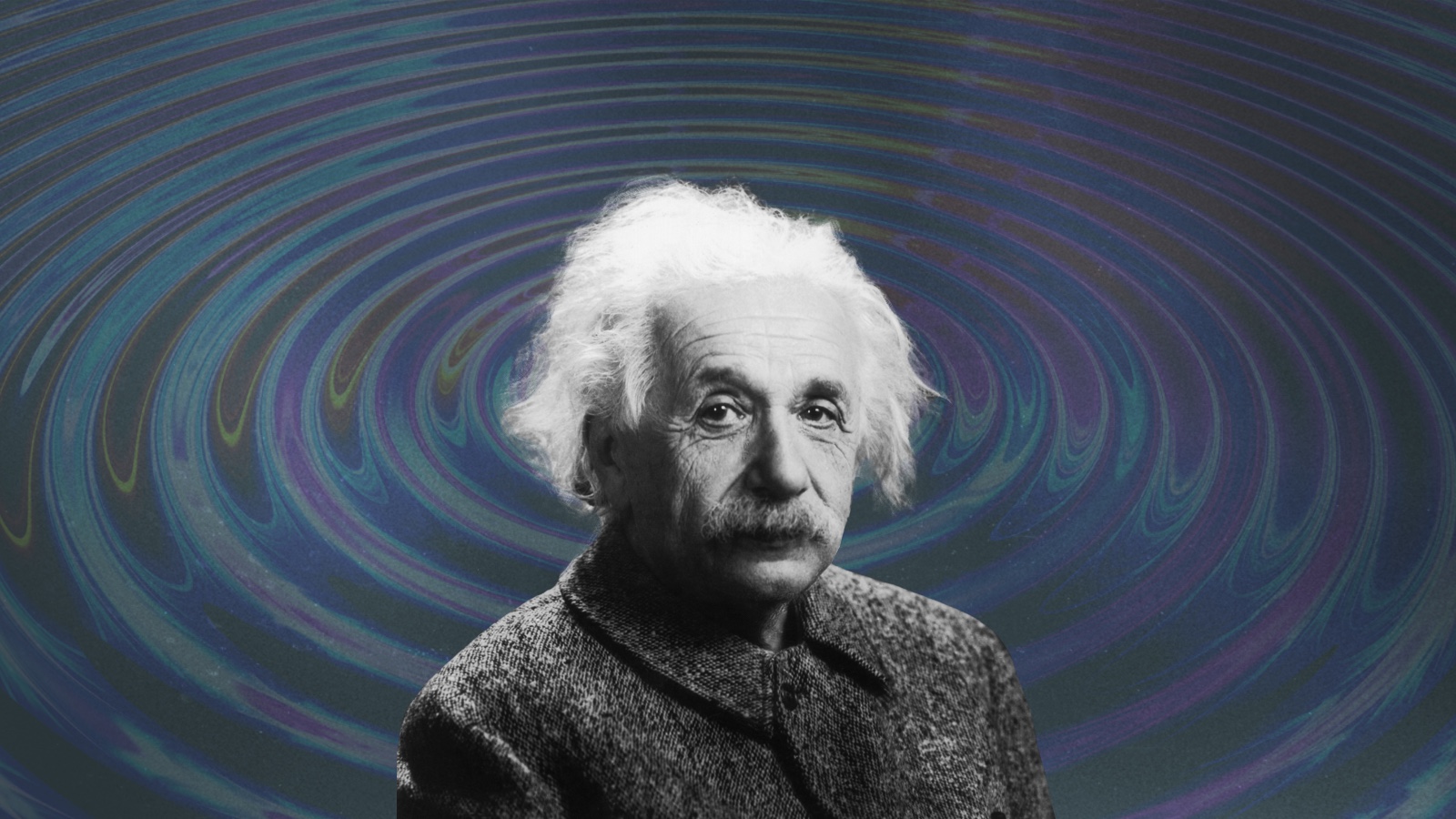One of the fundamental constants of nature, the fine-structure constant, determines so much about our Universe. Here’s why it matters.
Search Results
You searched for: quantum
Is it like a tiny ball — or what?
A longstanding mismatch between theory and experiment motivated an exquisite muon measurement. At last, a theoretical solution has arrived.
There’s a quantum limit to how precisely anything can be measured. By squeezing light, LIGO has now surpassed all previous limitations.
Welcome to The Nightcrawler — a weekly newsletter from Eric Markowitz covering tech, innovation, and long-term thinking.
In all the Universe, only a few particles are eternally stable. The photon, the quantum of light, has an infinite lifetime. Or does it?
Perhaps the whole Universe is the result of a vacuum fluctuation, originating from what we could call quantum nothingness.
Don’t fall into the determinism trap. Everything is, in fact, random, says chemist Lee Cronin:
▸
3 min
—
with
Almost 100 years ago, an asymmetric pathology led Dirac to postulate the positron. A similar pathology could lead us to supersymmetry.
Quantum physics is starting to show up in unexpected places. Indeed, it is at work in animals, plants, and our own bodies.
Physicists just can’t leave an incomplete theory alone; they try to repair it. When nature is kind, it can lead to a major breakthrough.
In all the Universe, only a few particles are eternally stable. The photon, the quantum of light, has an infinite lifetime. Or does it?
50 years ago, Stephen Hawking showed that black holes emit radiation and eventually decay away. That fate may now apply to everything.
It’s not about particle-antiparticle pairs falling into or escaping from a black hole. A deeper explanation alters our view of reality.
Everything acts like a wave while it propagates, but behaves like a particle whenever it interacts. The origins of this duality go way back.
Quantum uncertainty and wave-particle duality are big features of quantum physics. But without Pauli’s rule, our Universe wouldn’t exist.
Even with quantum teleportation and the existence of entangled quantum states, faster-than-light communication still remains impossible.
From forming bound states to normal scattering, many possibilities abound for matter-antimatter interactions. So why do they annihilate?
All matter particles can act as waves, and massless light waves show particle-like behavior. Can gravitational waves also be particle-like?
One of the 20th century’s most famous, influential, and successful physicists is lauded the world over. But Feynman is no hero to me.
Practically all of the matter we see and interact with is made of atoms, which are mostly empty space. Then why is reality so… solid?
Are quantum fields real, or are they simply calculational tools? These 3 experiments show that if energy is real, so are quantum fields.
The matter that creates black holes won’t be what comes out when they evaporate. Will the black hole information paradox ever be solved?
When it comes to predicting the energy of empty space, the two leading theories disagree by a factor of 100 googol quintillion.
The Multiverse fuels some of the 21st century’s best fiction stories. But its supporting pillars are on extremely stable scientific footing.
How are we to deal with the quantization of spacetime and gravity?
Discrepancies between observations and theory regarding subatomic particles called muons may force scientists to rethink the quantum world.
When black holes disappear, what happens to the stuff that fell in? Physicist Brian Cox explains.
▸
13 min
—
with
Einstein tried to disprove quantum mechanics. Instead, a weird concept called entanglement showed that Einstein was wrong.
Experiments tell us quantum entanglement defies space and time.
